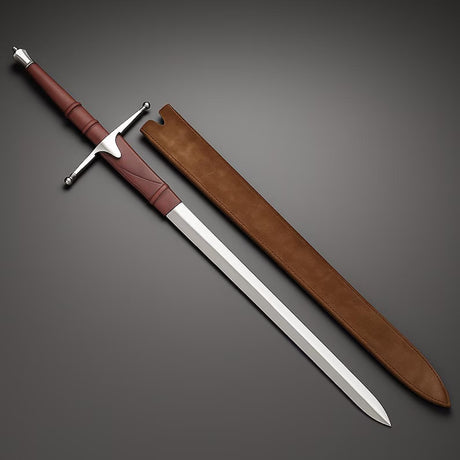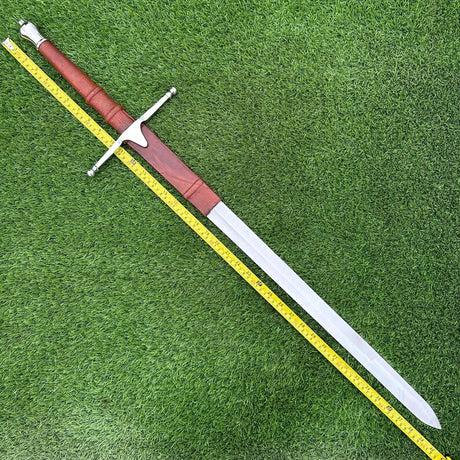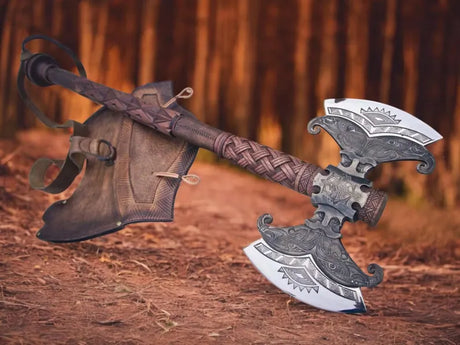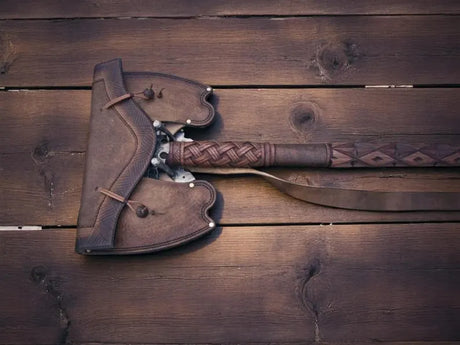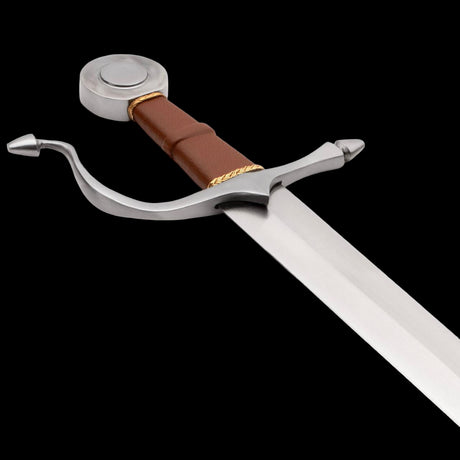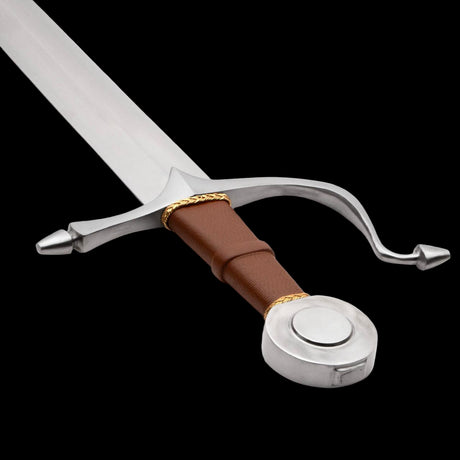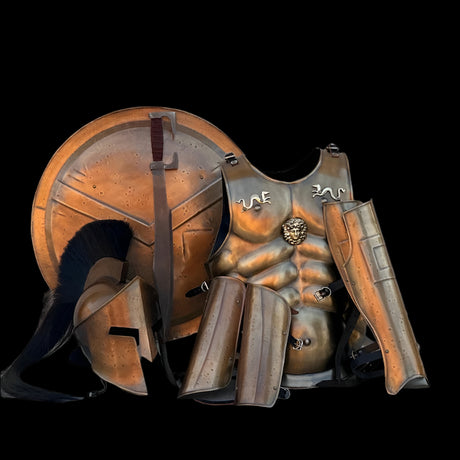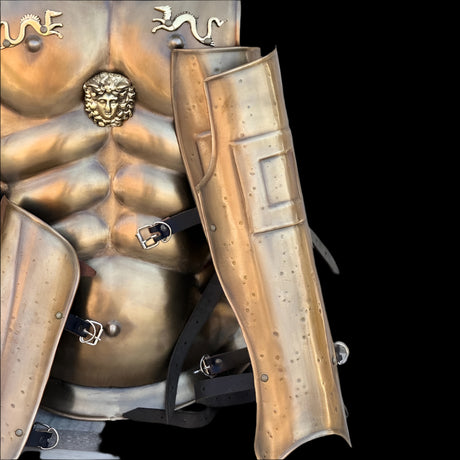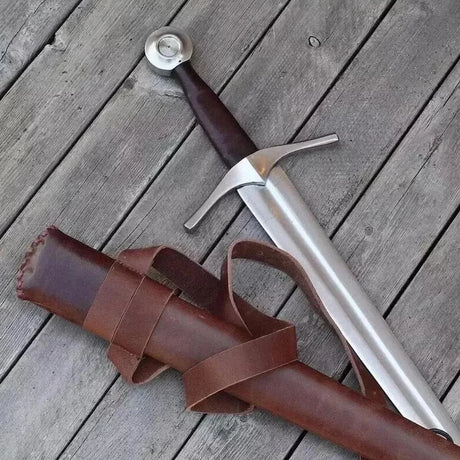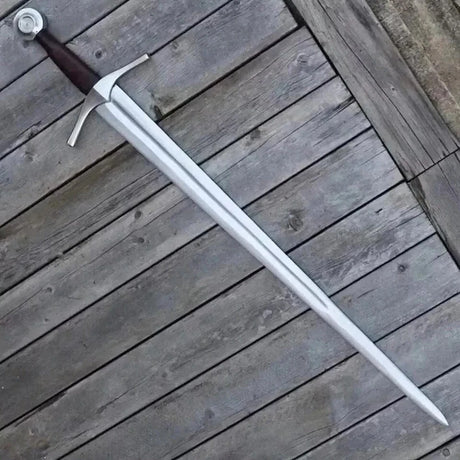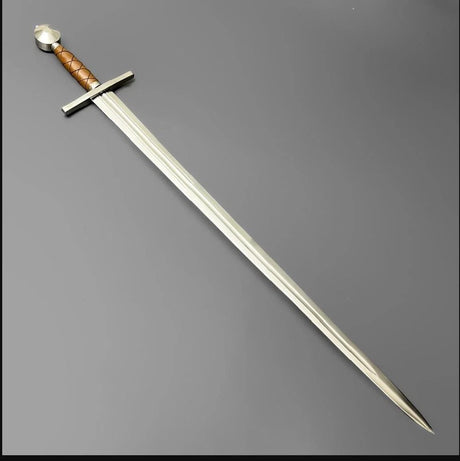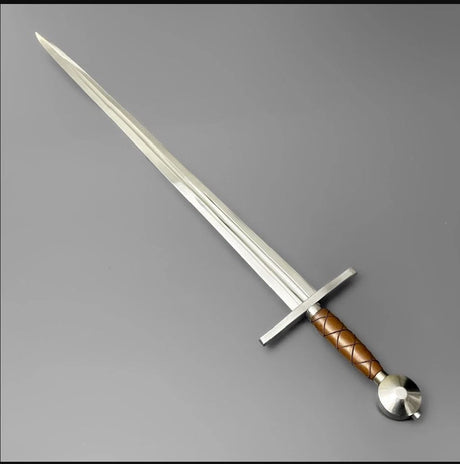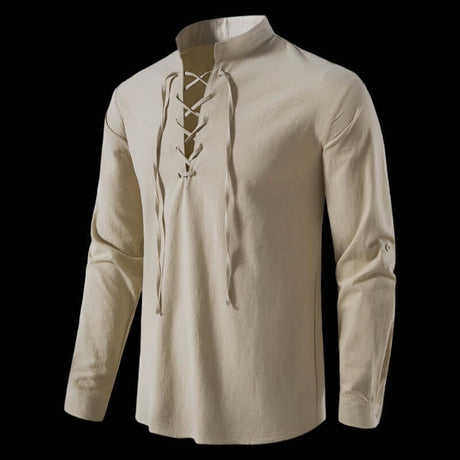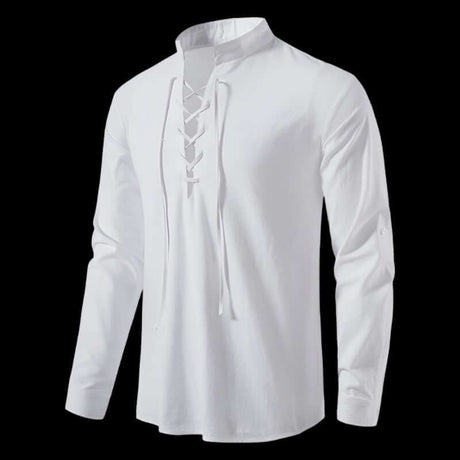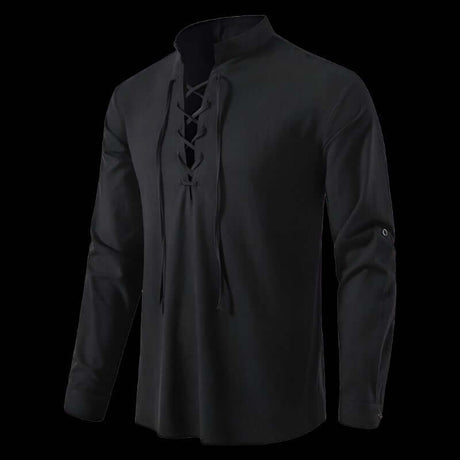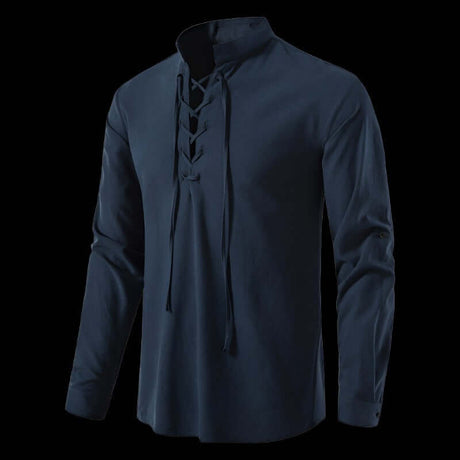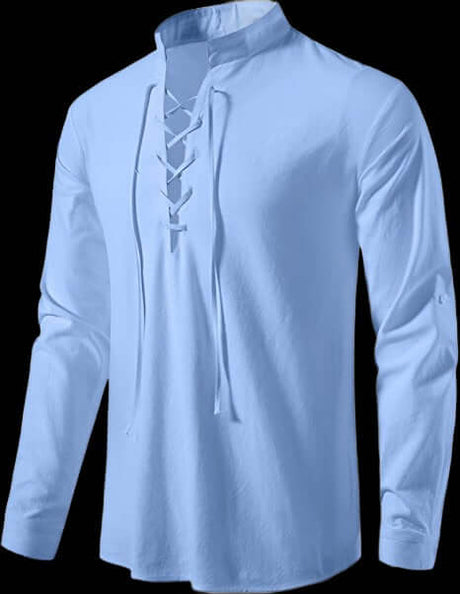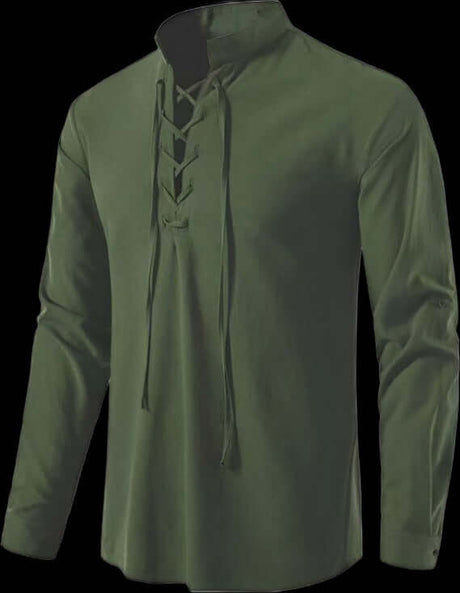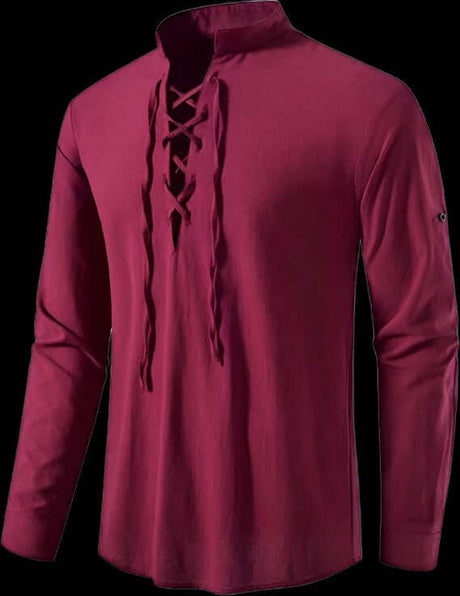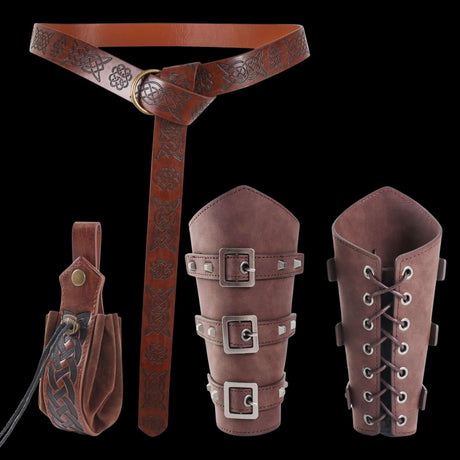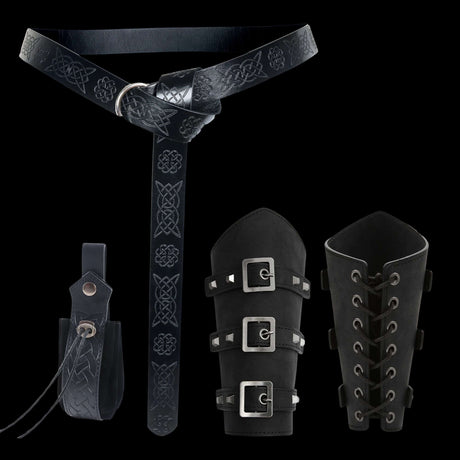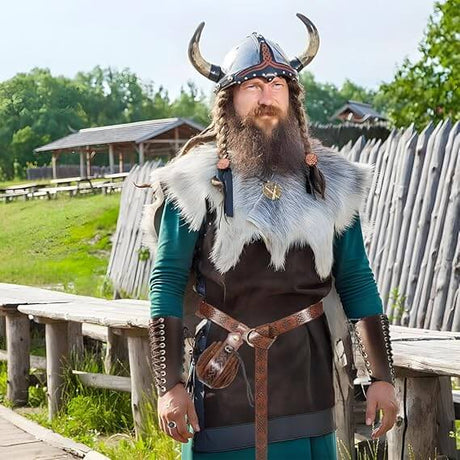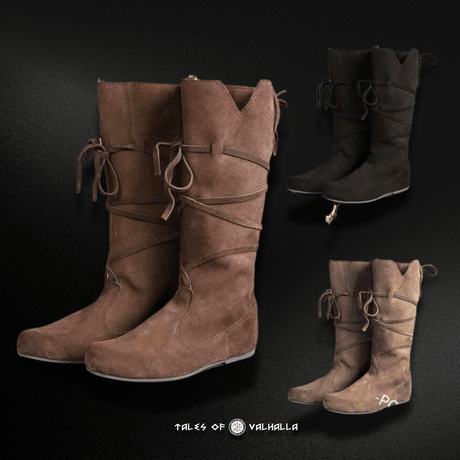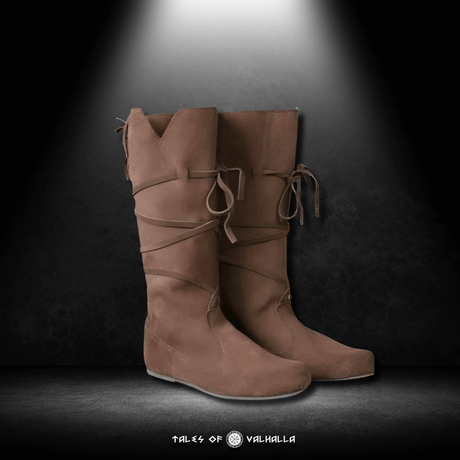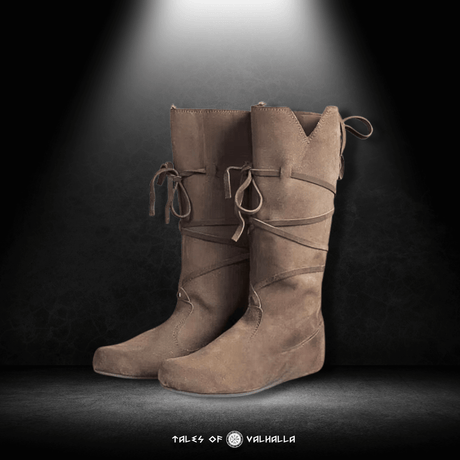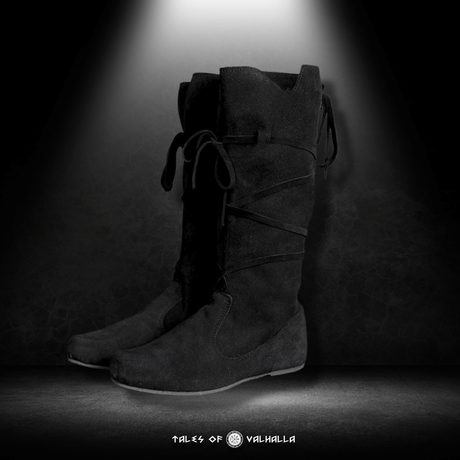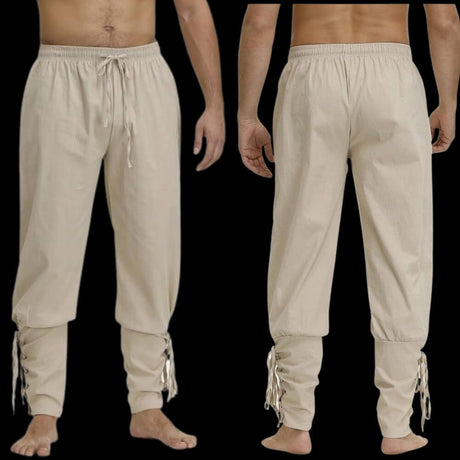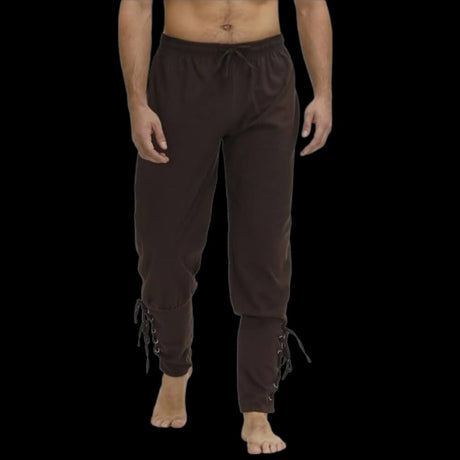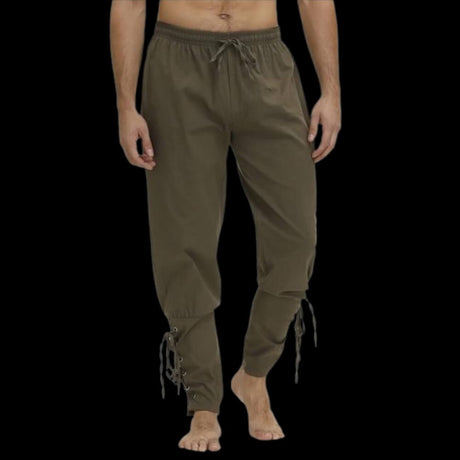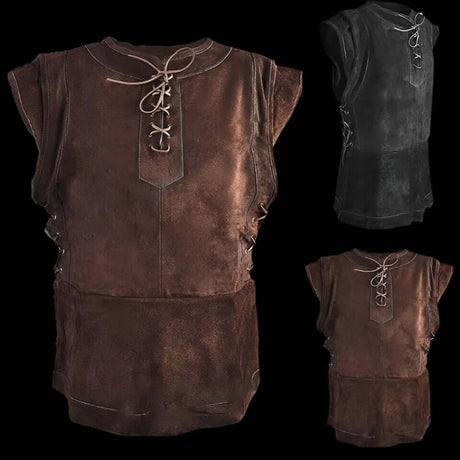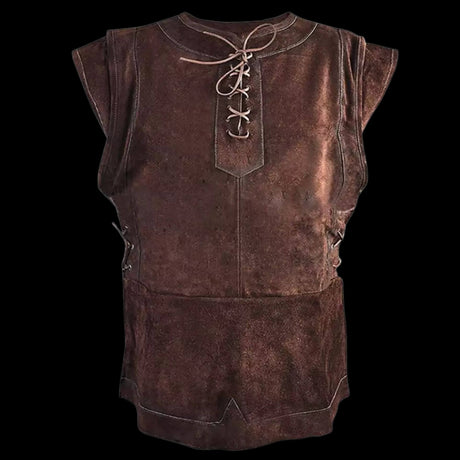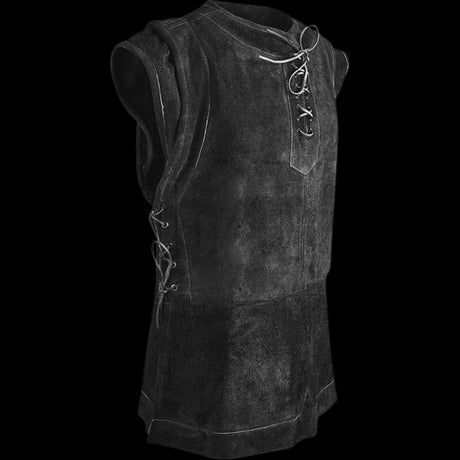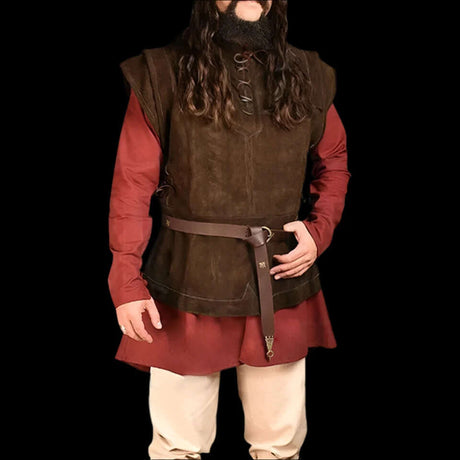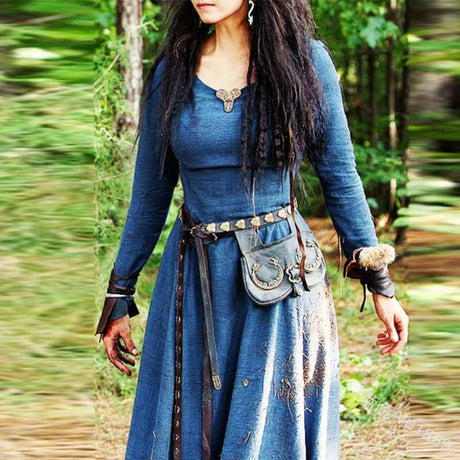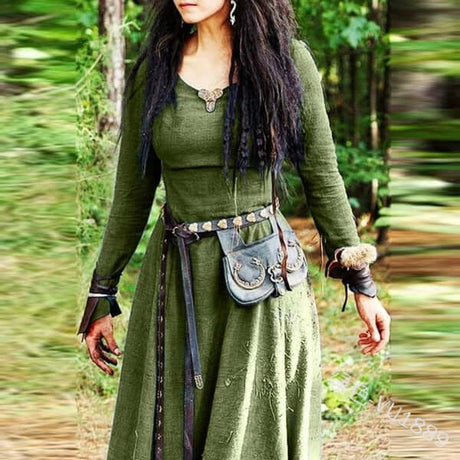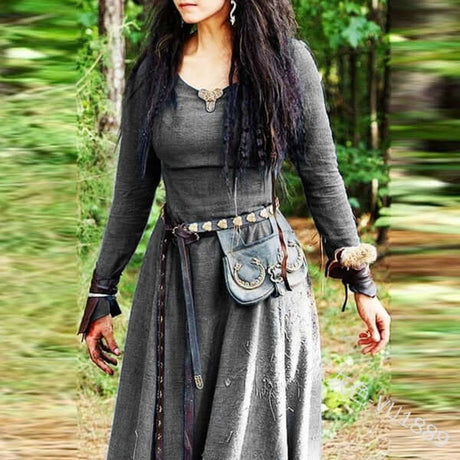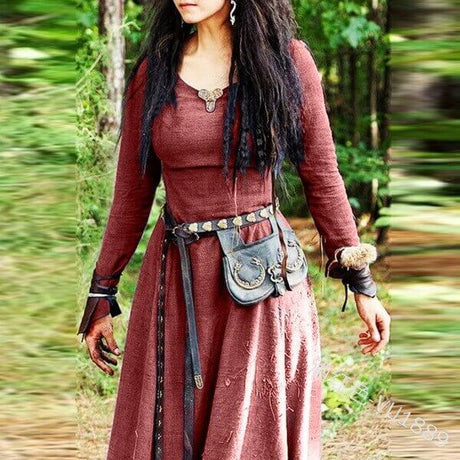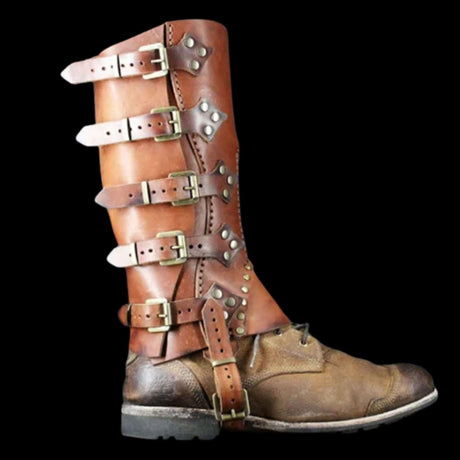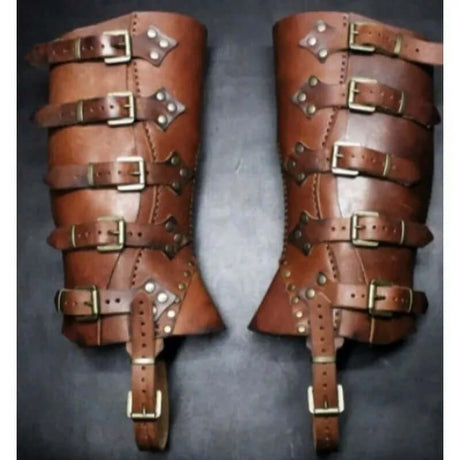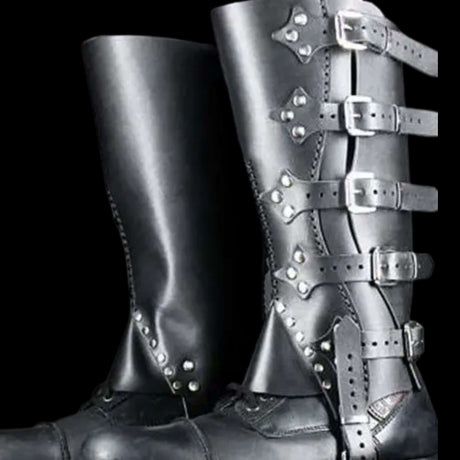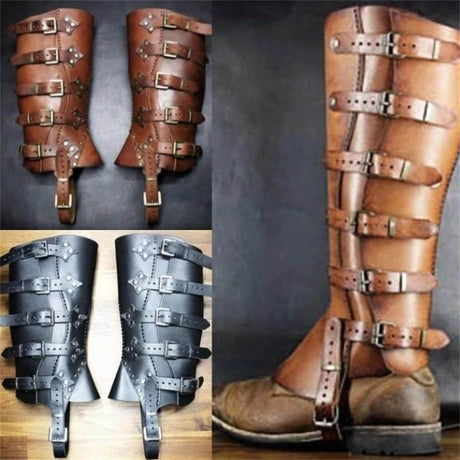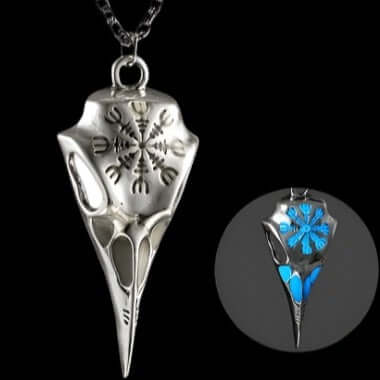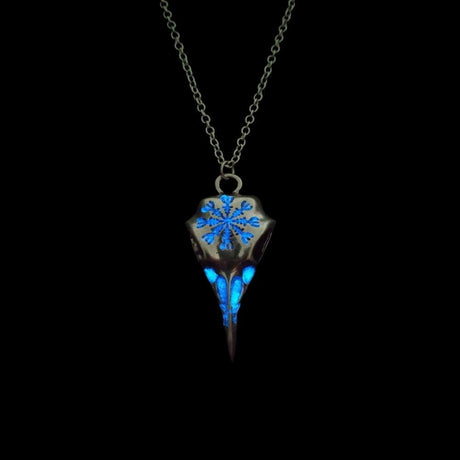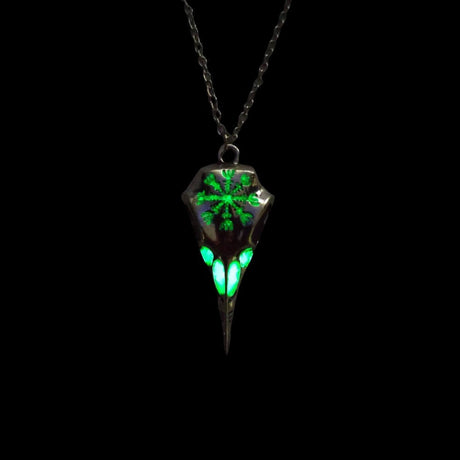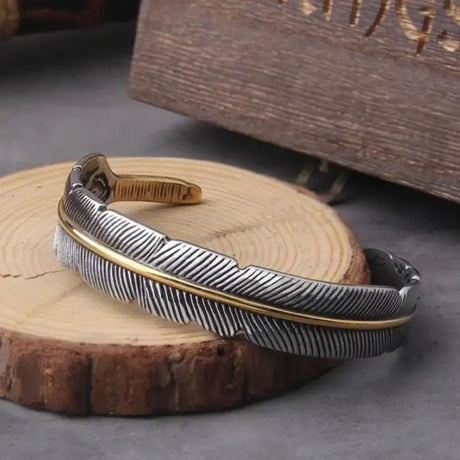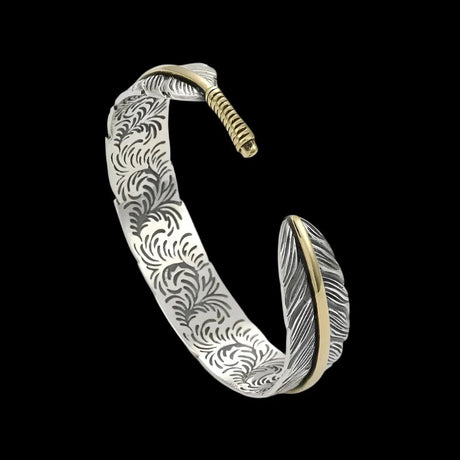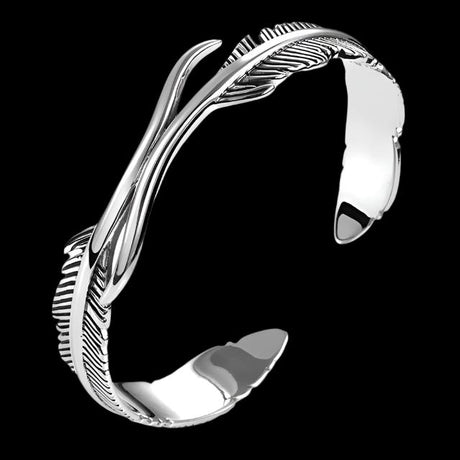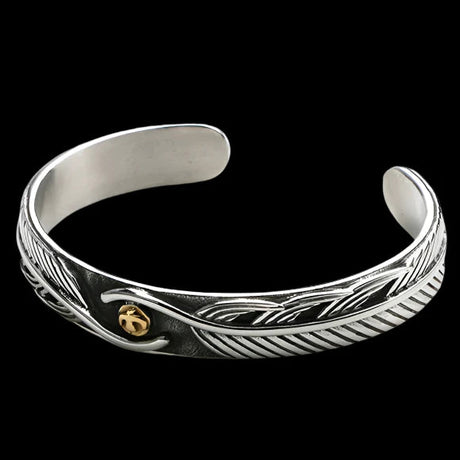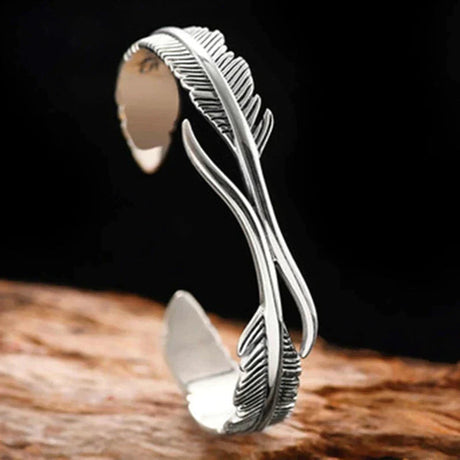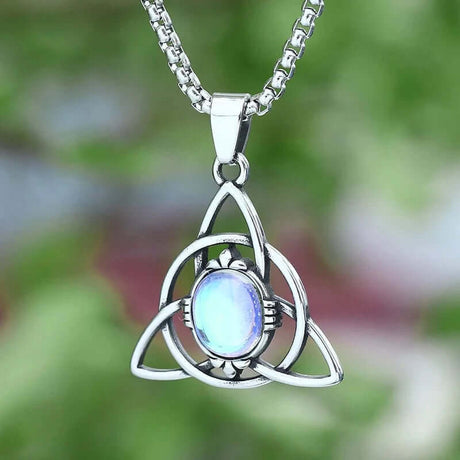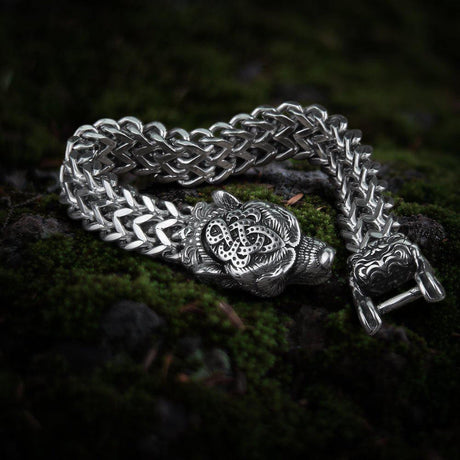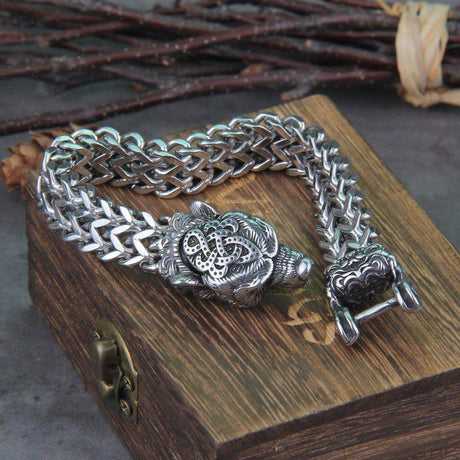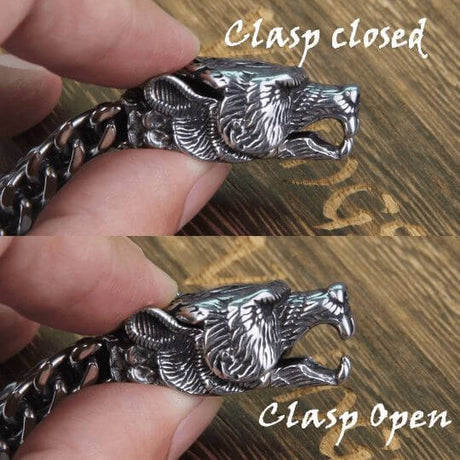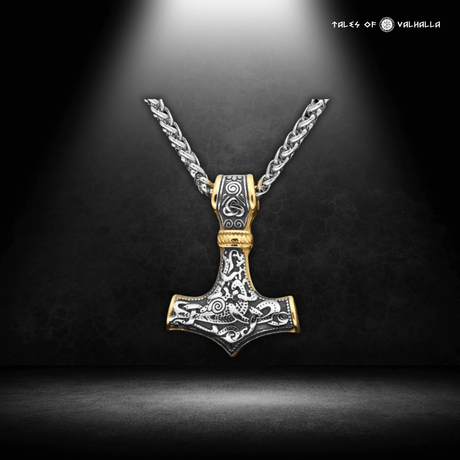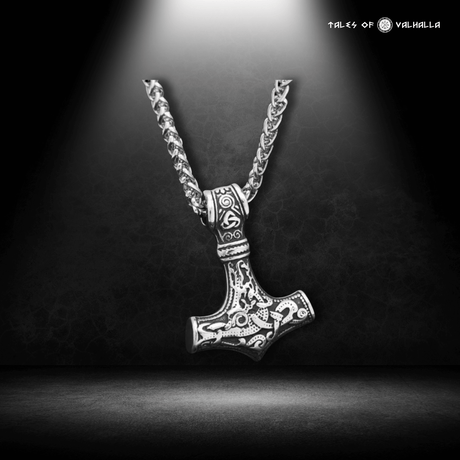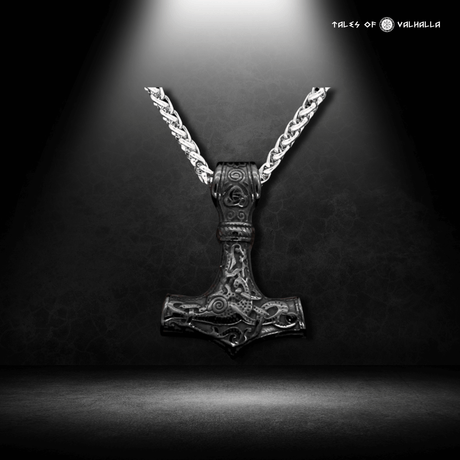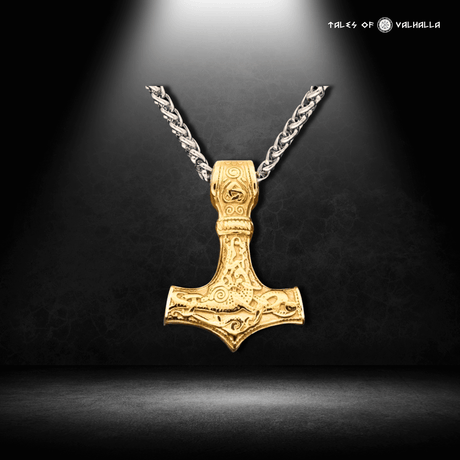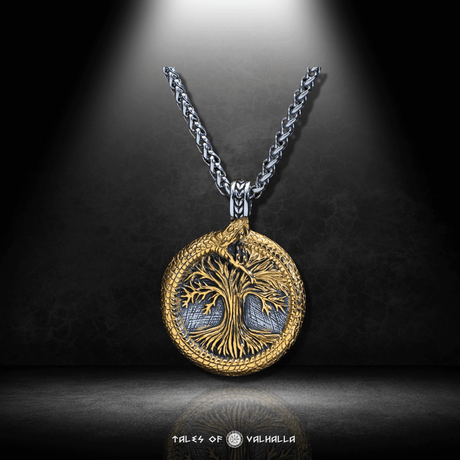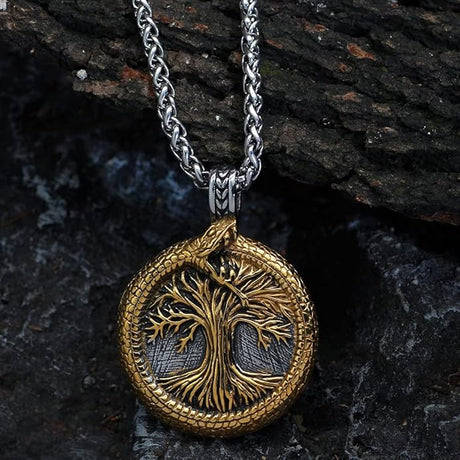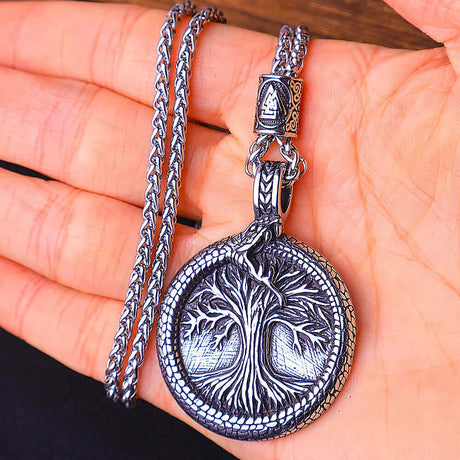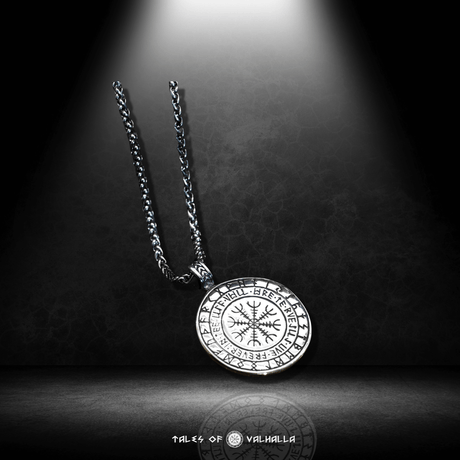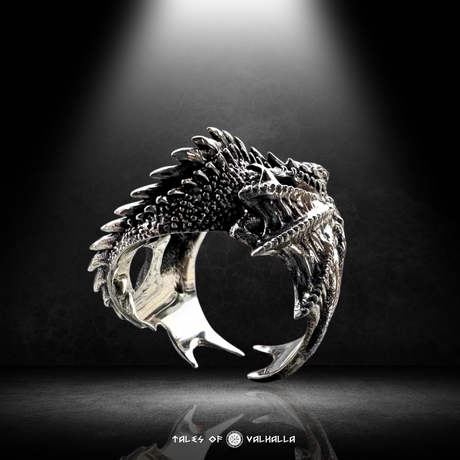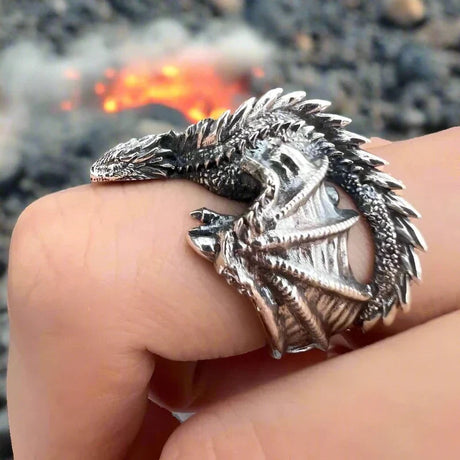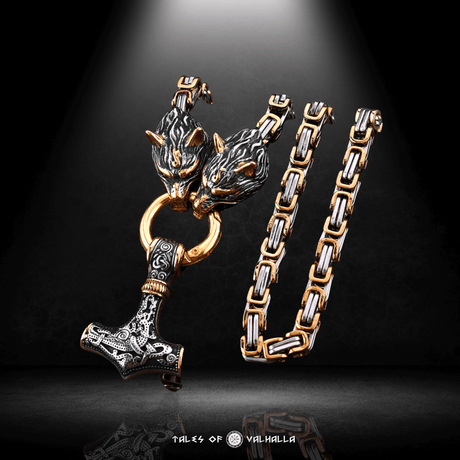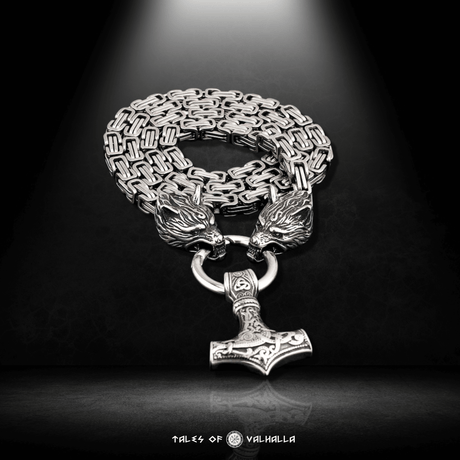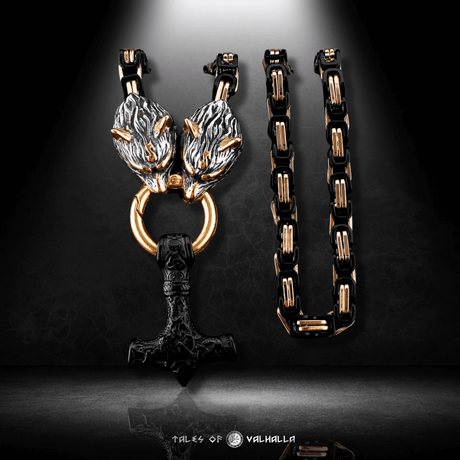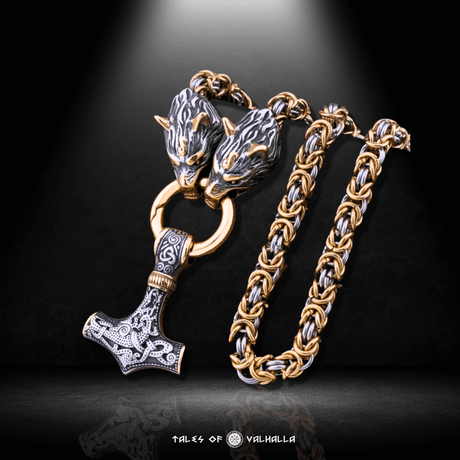Imagine standing on the banks of the Seine River in France, just over a thousand years ago. The mist is rising, but that chill running down your spine isn't from the weather. It’s the sight of dragon-headed ships cutting through the water.
For the people of medieval France, this was the ultimate nightmare. But for one man, this wasn't just a raid; it was a real estate negotiation.
That man was Rollo of Normandy.
If you think you know Vikings—hairy brutes who smashed things and left—you only know half the story. Rollo was different. He was the bridge between the chaotic Viking Age and the structured medieval world of knights and castles. He is the reason the British monarchy exists today. He is the ultimate example of a "self-made man," even if he made himself using an axe.
In this deep dive, we are going to separate the Hollywood fiction from the gritty historical reality. We will explore how a homeless exile became the founder of one of the most powerful dynasties in European history.
Who Was Rollo of Normandy? The Man, The Myth, The Giant
Before he was a Duke, he was a problem.
History is often murky when it comes to the origins of Vikings, mostly because they didn't write much down themselves. We rely on the accounts of the monks they terrorized, which, let's be honest, might be a little biased.

Who Was Rollo of Normandy? The Man, The Myth, The Giant
The Origins Debate: Norway or Denmark?
There is a fierce academic debate regarding where Rollo of Normandy actually came from.
- The Danish Theory: Dudo of Saint-Quentin, a historian writing in the Norman court, claimed Rollo was a Danish nobleman.
- The Norwegian Theory: The Icelandic Sagas identify him as Hrólf the Walker (Ganger-Hrólf).
Why "The Walker"? Legend says he was so physically massive—a giant among men—that the small Norse horses couldn't carry him. He had to walk everywhere. This image of a towering warrior, too big for his world, sets the stage for a man who would eventually carve out a new world for himself.
The Exile
Whether Danish or Norwegian, one thing is clear: he was kicked out. In the late 9th century, Scandinavia was becoming crowded. Kings were consolidating power, and independent warlords like Rollo were a threat.
Exiled and declared an outlaw, Rollo of Normandy didn't just fade away. He went "Viking." He gathered a crew of other outcasts—men with nothing to lose and everything to gain—and set his sights south.
The Scourge of the Seine: Rollo as a Raider
To understand Rollo the Ruler, you must understand Rollo the Raider. He didn't stumble into leadership; he earned it through blood and iron.
In 885 AD, a massive Viking fleet sailed up the Seine toward Paris. We aren't talking about a few boats. Historical accounts suggest hundreds of ships and tens of thousands of men. While these numbers are likely exaggerated by terrified monks, the threat was existential.
Rollo of Normandy was a key leader in this siege.
The Siege of Paris (885-886 AD)
This was a brutal, year-long standoff. The Vikings tried to breach the city walls; the Franks poured boiling oil and wax on them.
While the siege eventually ended with a payoff (Danegeld) rather than a total conquest, it taught Rollo a valuable lesson: The Frankish Kingdom was rich, but it was fractured. The King, Charles the Fat, was weak.
Rollo kept coming back. He treated the chaos of Northern France like a ladder. He realized that raiding was good for quick cash, but land was the key to generational wealth.
Comparative Tactics: Vikings vs. Franks
To visualize why Rollo of Normandy was so successful, let’s look at the mismatch in military doctrine at the time.
| Feature | Frankish Army | Rollo's Viking Forces |
| Composition | Conscripted peasants & heavy cavalry | Professional warriors & flexible infantry |
| Mobility | Slow; reliant on roads and supply lines | Extremely high; river-based via Longships |
| Objective | Defend territory & maintain status quo | Quick strikes, loot, & psychological warfare |
| Leadership | Centralized but often politically fractured | Meritocratic; followed the strongest leader |
Rollo exploited the Franks' lack of mobility. By the time the Frankish heavy cavalry arrived, Rollo’s men were already back on the river, laughing all the way to the bank.
The Treaty of Saint-Clair-sur-Epte: The Art of the Deal
By 911 AD, the new King of France, Charles the Simple, had a massive headache. His name, by the way, meant "straightforward" or "honest," not stupid. Charles was actually quite pragmatic.
He couldn't defeat Rollo of Normandy militarily. He had tried. It failed.
So, Charles proposed a radical solution: If you can't beat them, hire them.

Land for Protection
In a historical meeting at Saint-Clair-sur-Epte, a deal was struck that changed the map of Europe forever.
- The Gift: Charles granted Rollo the land around the mouth of the Seine (modern-day Rouen).
- The Price: Rollo had to convert to Christianity and defend the river from other Vikings.
Think about the brilliance of this. Charles turned the poacher into the gamekeeper. Who better to stop a Viking raid than a Viking warlord who knows exactly how they think?
The "Foot Kissing" Incident
This serves as a perfect anecdote to illustrate Rollo’s character. As part of the ceremony, Rollo of Normandy was required to kiss the King’s foot as a sign of submission.
Rollo? Kiss a foot? Absolutely not.
According to the historian Dudo, Rollo ordered one of his warriors to do it for him. The warrior, sharing his leader's disdain for submission, didn't kneel. Instead, he grabbed the King’s foot and lifted it to his mouth while standing up, flipping the King onto his back.
The Vikings roared with laughter. The Franks were horrified.
But the deal held. It showed that while Rollo was willing to play the game, he would play it on his own terms.
Building Normandy: From Destroyer to Administrator
This is where the story gets truly unique. Most Viking leaders who settled land eventually lost control or were assimilated to the point of irrelevance. Rollo of Normandy did the opposite.
He didn't just occupy the land; he transformed it.
The Birth of "Northmannia"
The land became known as "Northmannia"—the land of the Northmen—which eventually softened into Normandy.
Rollo proved to be an shockingly effective administrator. He realized that for his new duchy to survive, he couldn't govern like a pirate captain. He needed law and order.
- The Clameur de Haro: Legend says Rollo established such strict laws against theft and violence that a farmer could leave his plow in the field overnight, and it would still be there in the morning. To this day, on the Channel Islands, there is an ancient legal cry called the Clameur de Haro—technically an appeal to Rollo for justice.
The Religious Pivot
Rollo of Normandy was baptized and took the Christian name Robert. But was it genuine?
Evidence suggests he hedged his bets. It is said that on his deathbed, he donated 100 pounds of gold to the Christian churches... and also ordered the sacrifice of 100 prisoners to Odin.
This duality is fascinating. It shows a man who was willing to adapt to the political reality of Christian Europe, but who never fully let go of the Old Gods who brought him across the sea.
The Legacy: Why We Still Talk About Him
Why does a 10th-century Viking matter to a 21st-century American?
Because Rollo of Normandy is the grandfather of the modern West.
The Genetic Legacy
If you have European ancestry, there is a non-zero chance you are related to him.
Rollo’s great-great-great-grandson was William the Conqueror.
In 1066, William crossed the channel and conquered England.
Because of Rollo of Normandy:
- The French language blended with Old English to create the English we speak today. (About 30% of English vocabulary comes from French/Norman origins).
- The feudal system was cemented in Britain.
- The current British Royal Family is directly descended from Rollo.
The Lineage Table
Let's trace the bloodline to see just how influential this "Walker" became.
| Generation | Name | Title/Achievement |
| 1st | Rollo | First ruler of Normandy. |
| 2nd | William Longsword | Consolidated power; devout Christian. |
| 3rd | Richard I | "The Fearless"; strengthened the Duchy. |
| 4th | Richard II | "The Good"; welcomed relations with England. |
| 5th | Robert I | "The Magnificent"; father of William. |
| 6th | William the Conqueror | King of England (1066). |
Critical Analysis: Myth-Busting the Viking Narrative
As we analyze the life of Rollo of Normandy, we must look at the counter-arguments to the popular narrative. We love the idea of the "Noble Savage" or the "Genius Barbarian," but reality is nuanced.
Was He Really a Visionary?
It is tempting to paint Rollo as a visionary who foresaw the rise of nation-states.
The Counter-Argument: He was likely just a pragmatist trying to survive. The decision to settle wasn't necessarily a grand master plan; it was the retirement plan of a man getting too old to sleep on the deck of a ship.
However, his genius lay in his adaptability. Unlike other Vikings who refused to integrate, Rollo encouraged his men to marry local French women. This created a new culture—the Normans—who were neither fully French nor fully Viking, but something stronger than both.
The Violence Question
We cannot sanitize his history. Rollo of Normandy was a warlord. He attained peace through the threat of extreme violence.
In today’s context, he would be considered a war criminal. But in the context of the 10th century, he was a stabilizing force. This paradox—that peace is often built on the foundation of war—is a recurring theme in history.
Conclusion: The First Modern Man?
Rollo of Normandy began his life as an outcast in the frozen fjords of Scandinavia. He ended it as the ruler of a rich, fertile province in the heart of Christendom.
His story resonates with us today because it is a story of reinvention. He refused to accept the hand he was dealt. When he was told he had no place in Norway, he carved a place out of France. When he was told he was a barbarian, he built a system of law that outlasted empires.
He was a man of contradictions: A pagan and a Christian; a destroyer and a builder; a Viking and a Duke.
The next time you look at a map of Europe, or hear the English language, or watch a show about the British Royals, remember the giant who walked so that history could run.
Rollo of Normandy wasn't just a footnote in a history book. He was the ink.
Key Takeaways for the Reader
- Rollo of Normandy was a Viking exile (likely from Norway) who raided France in the late 9th century.
- He secured the Treaty of Saint-Clair-sur-Epte in 911 AD, granting him the land that became Normandy.
- He is the direct ancestor of William the Conqueror and the British Royal Family.
- His success came from his willingness to adapt: converting to Christianity and adopting Frankish administrative systems while keeping Viking martial strength.
- He represents a pivotal shift from the Viking Age to the Feudal Age in Europe.










